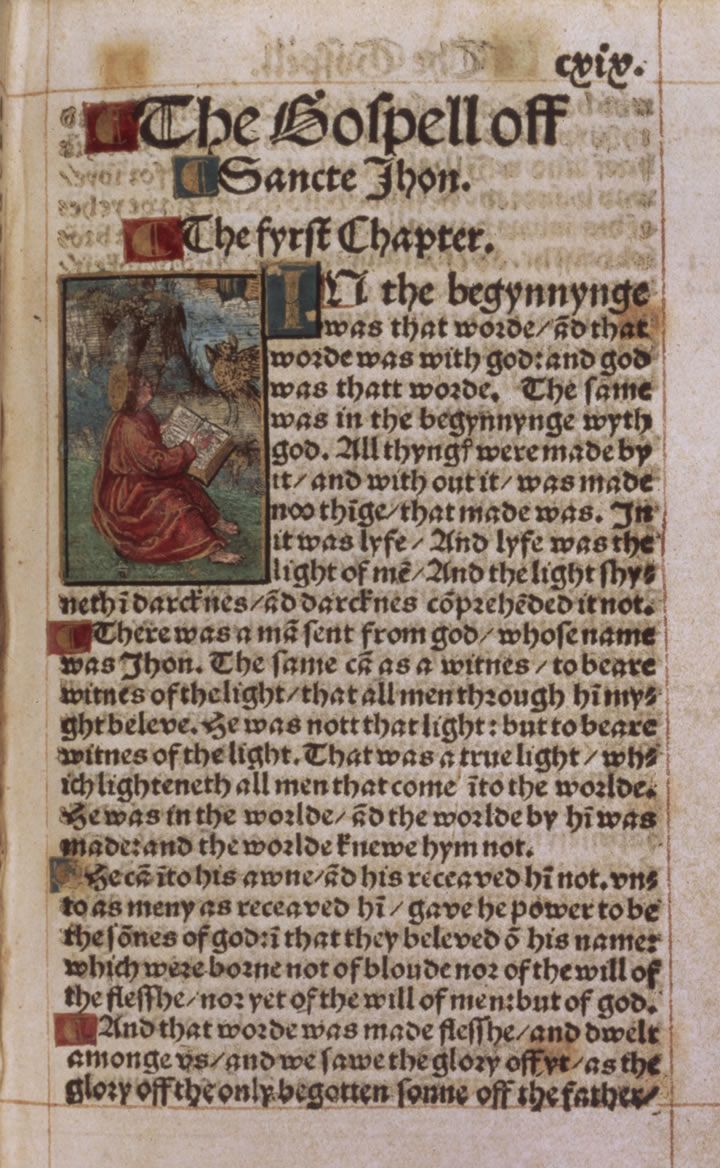BH
Veteran Member
I've been reading about Presuppositionalism on the internet. one thing that strikes me is how they reject any form of sure and certain knowledge of truth unless it's in the Bible.
one thing that came to mind is that the preachers assert the Bible is the truth and it trumps for instance science because science is contingent..
Anyway, the preachers always say that they learn something new everytime they study the Bible.
The Bible also warns of false teachers in side and outside the church.
my question is this. if the Bible is the truth and you learn something new everytime you read it how can you ever say you know the truth and are not in the grip of false doctrine?
why was God able to put the truth on ink and paper but not in our mind where we would just simply know it.
in the end, if you can never get to the point where you can say you have learned the Bible to the point there is nothing more to learn from it you cannot really say you know the truth. your source if truth really isnt giving you truth and really is defective like the secular sources of knowledge you criticise.
one thing that came to mind is that the preachers assert the Bible is the truth and it trumps for instance science because science is contingent..
Anyway, the preachers always say that they learn something new everytime they study the Bible.
The Bible also warns of false teachers in side and outside the church.
my question is this. if the Bible is the truth and you learn something new everytime you read it how can you ever say you know the truth and are not in the grip of false doctrine?
why was God able to put the truth on ink and paper but not in our mind where we would just simply know it.
in the end, if you can never get to the point where you can say you have learned the Bible to the point there is nothing more to learn from it you cannot really say you know the truth. your source if truth really isnt giving you truth and really is defective like the secular sources of knowledge you criticise.


